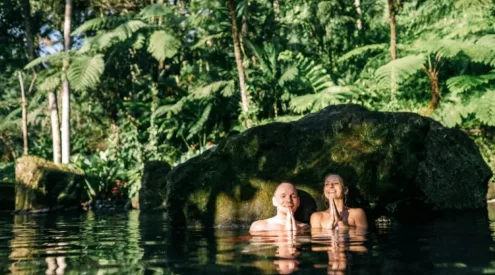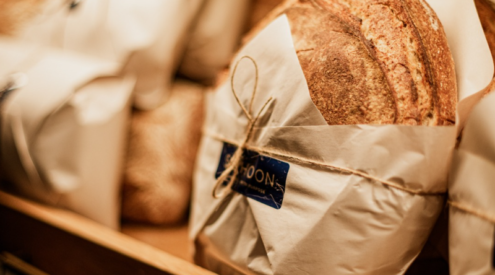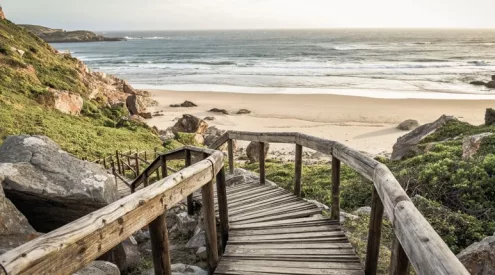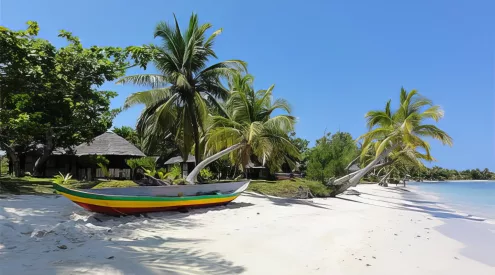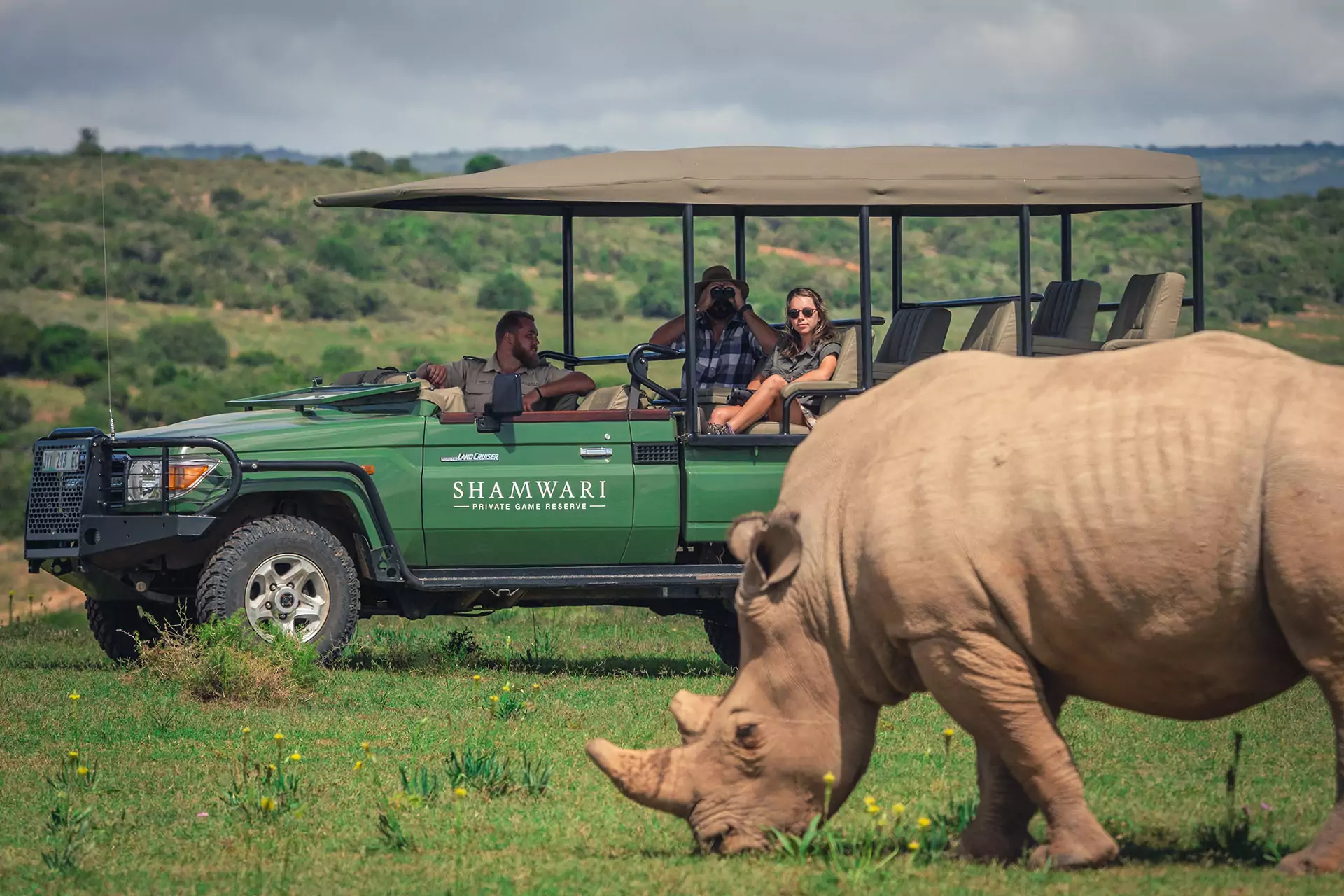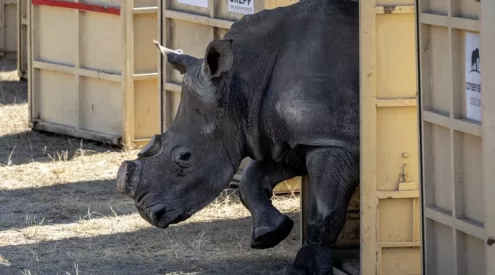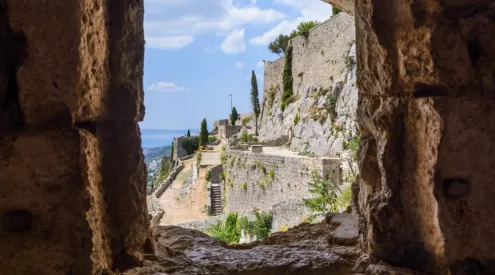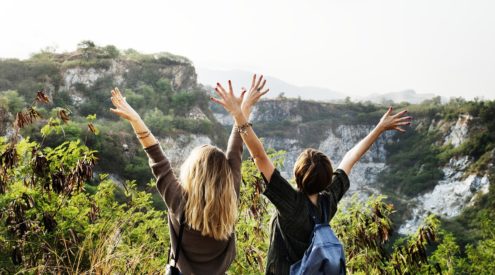Okay, so this makes beautiful sense.
Once a week, when I collect my daughter from school, there is a box of fresh vegetables for me to take home as well. They are organically grown, picked fresh that morning, and sent to a pack house for washing and packing before I collect them in the afternoon. They are all in season, and all locally grown with love. And on top of this, by buying them I am supporting communities who are working to make a change.
All I do is effect a monthly debit order, and every week, without fail, I will get my box of fresh vegetables.
This is the premise of Harvest of Hope, an organization I visited with Uthando South Africa on an interactive township visit.
Abalimi Bezekhaya (Farmers of the Home) is a non-profit development organisation based primarily in township communities like Nyanga and Khayelitsha. Residents in these townships are encouraged and supported to grow their own organic vegetables to feed their families. Vegetables are now grown in hundreds of gardens in the townships, sustaining thousands of individuals and families. Some of the micro-farmers are now producing more than enough to feed their families, and after giving to needy neighbours and selling “˜over the fence’.
They already deliver 300 boxes per week to families around Cape Town and aim to grow this to 600 boxes per week by the end of this year.
The seeds of the project were planted 25 years ago by Abalimi Bezekhaya and it has now grown to include literally hundreds’ of small scale vegetable farmers growing organic vegetables in Khayelitsha and Nyanga.
My tour on Friday with Uthando included a stop at the quiet, cool green oasis of Abalimi Bezekhaya, where we had tea with delicious vetkoek and jam. We met Mama Nokwanda who showed us around the projects gardens and explained to us how the project now creates an income and provides nutrition for thousands of people who follow organic farming techniques in the beach like soil of the townships.
She explained that a full box, which includes 9 -12 seasonal organic vegetables, sufficient to feed a medium family, costs R95 per week and a small box for two people (6 – 7 vegetables) costs R65. This can be paid quarterly or monthly. Debit orders are usually the easiest.
Leaving the project I reflected how this was another wonderful example of how tourism and social development are able to work together, and how Fair Trade tourism can really meaningfully impact on all of our lives.
For more information on the Harvest of Hope project contact them via their website at www.harvestofhope.co.za.
If you would like to visit the project gardens accompanied by somebody who knows the area and the community well, then contact James at Uthando via their website at www.uthandosa.org.
For more information on these or other Fair Trade Tourism adventures, visit the FTTSA website, or join FTTSA on Facebook.

